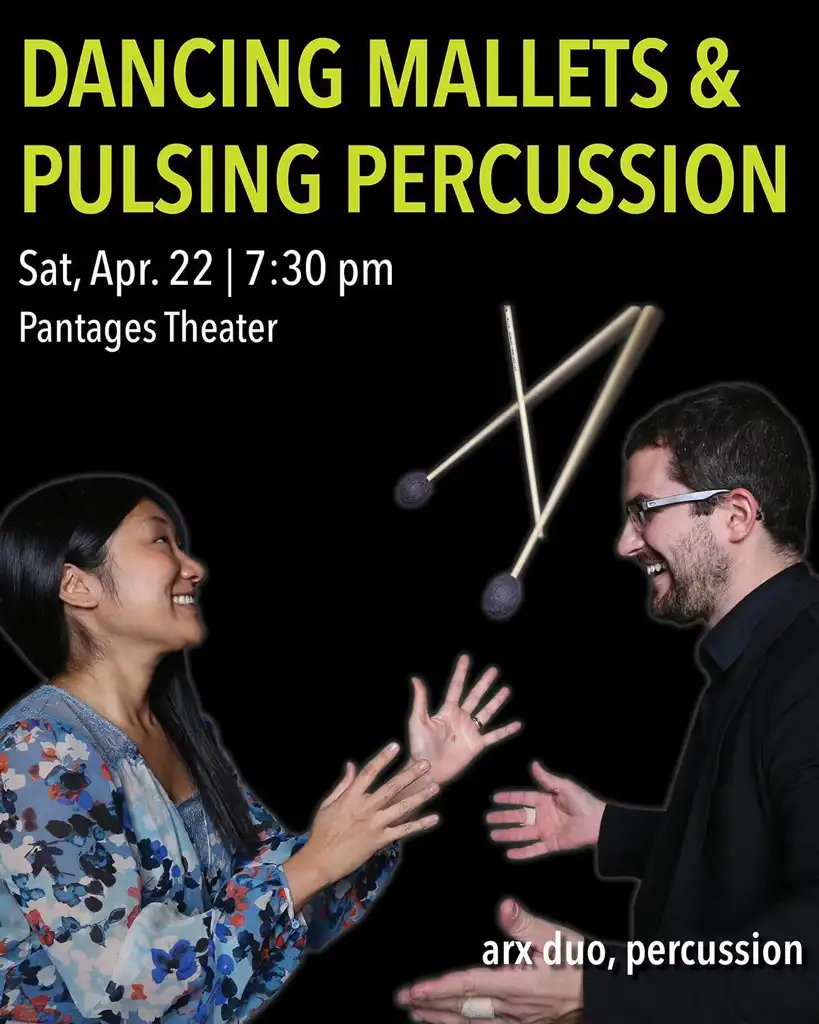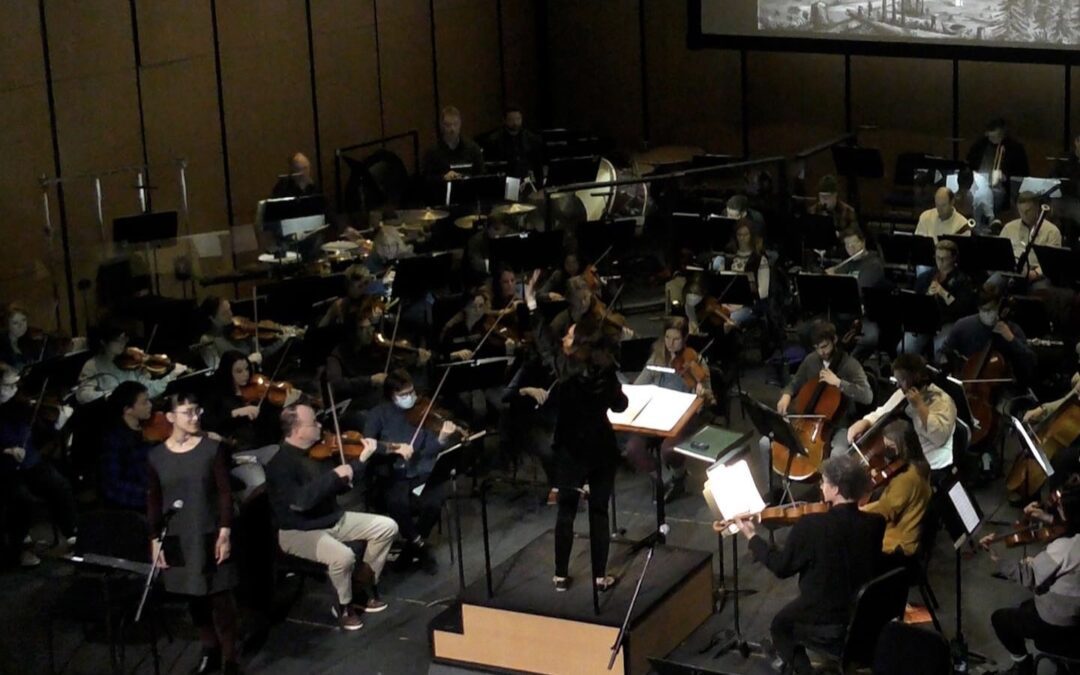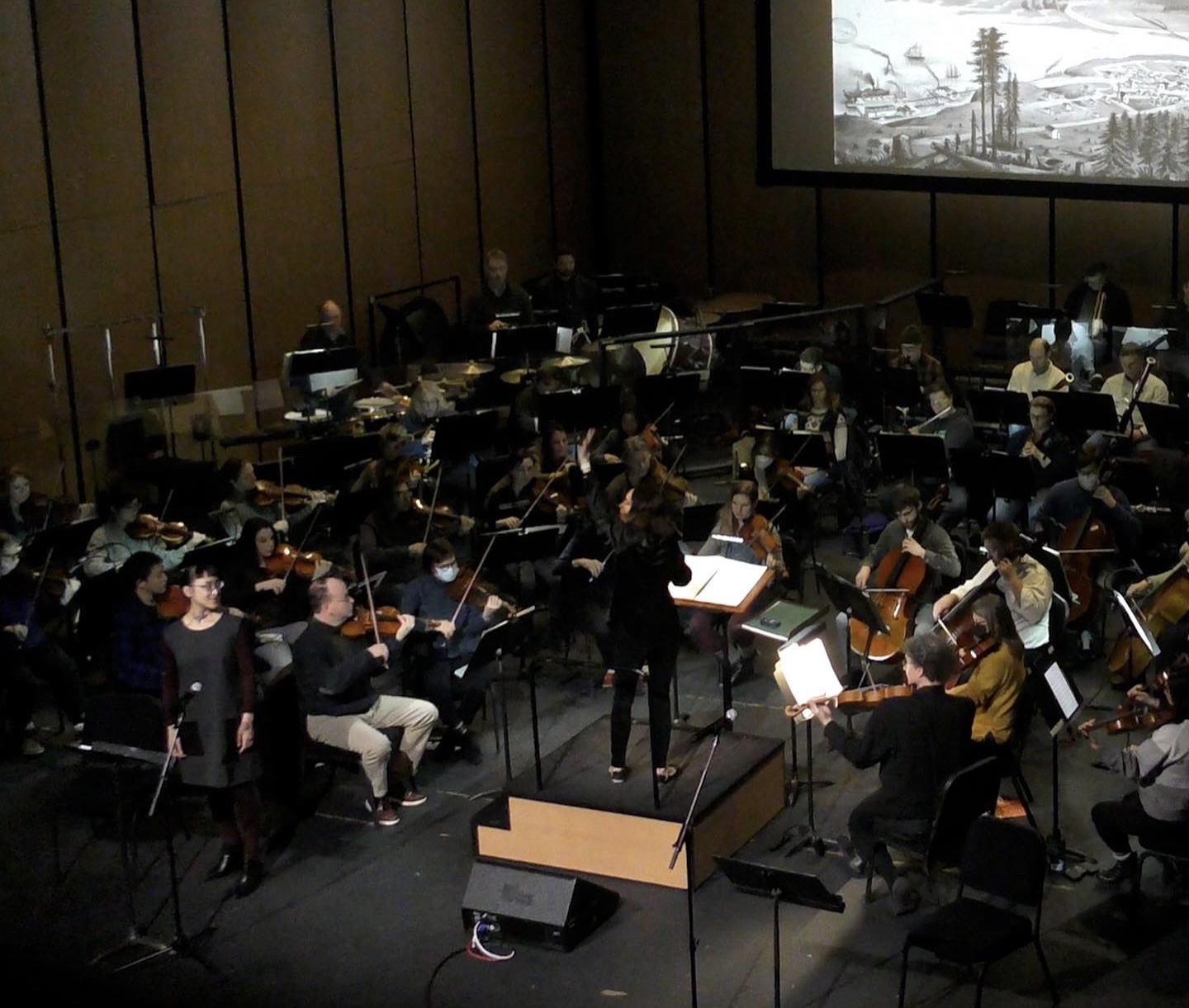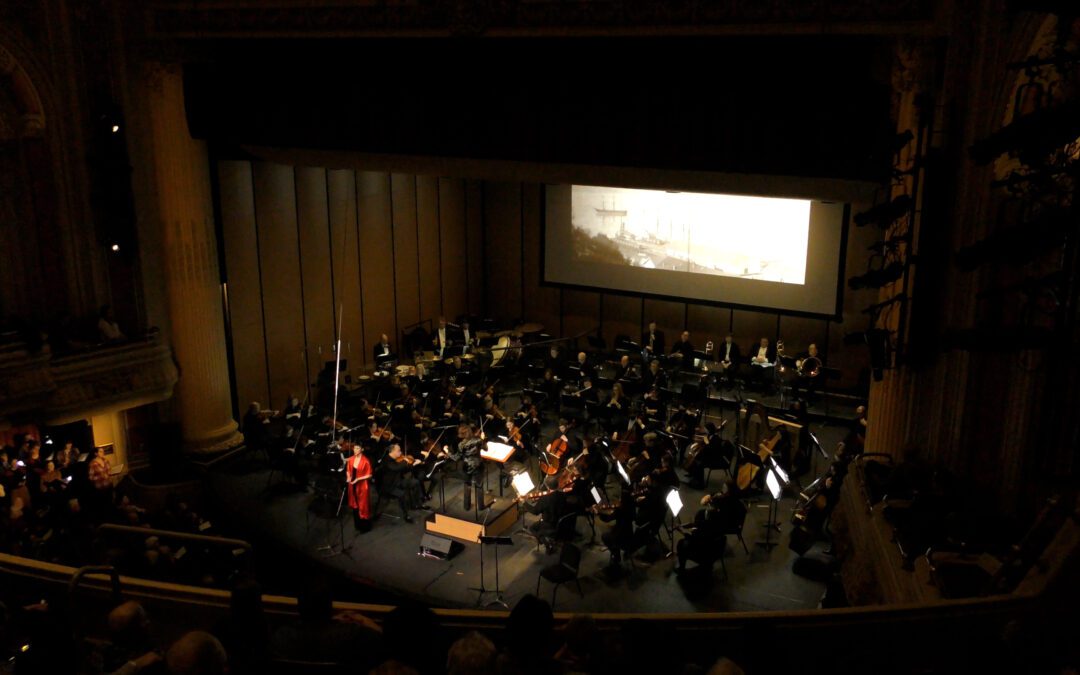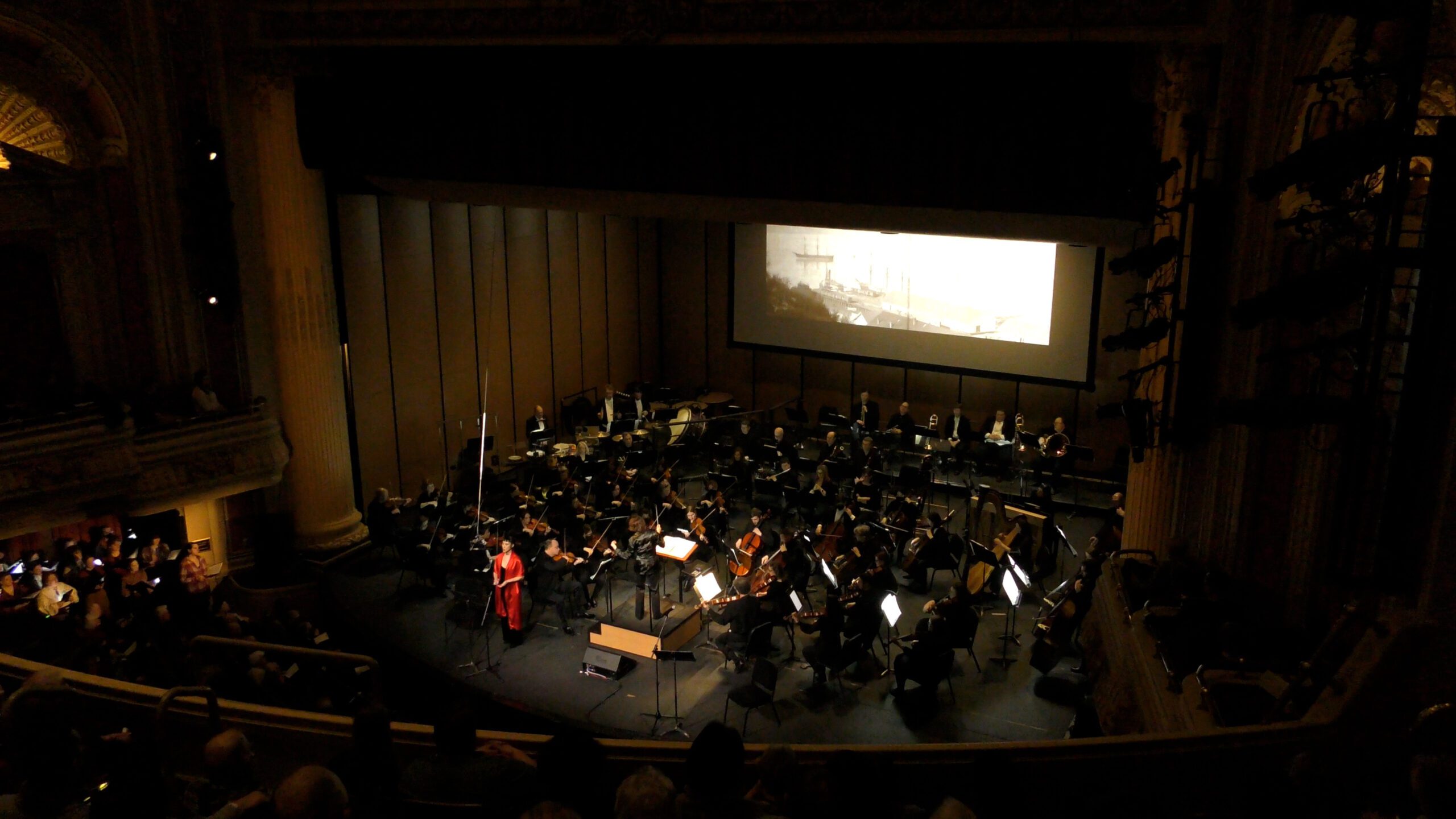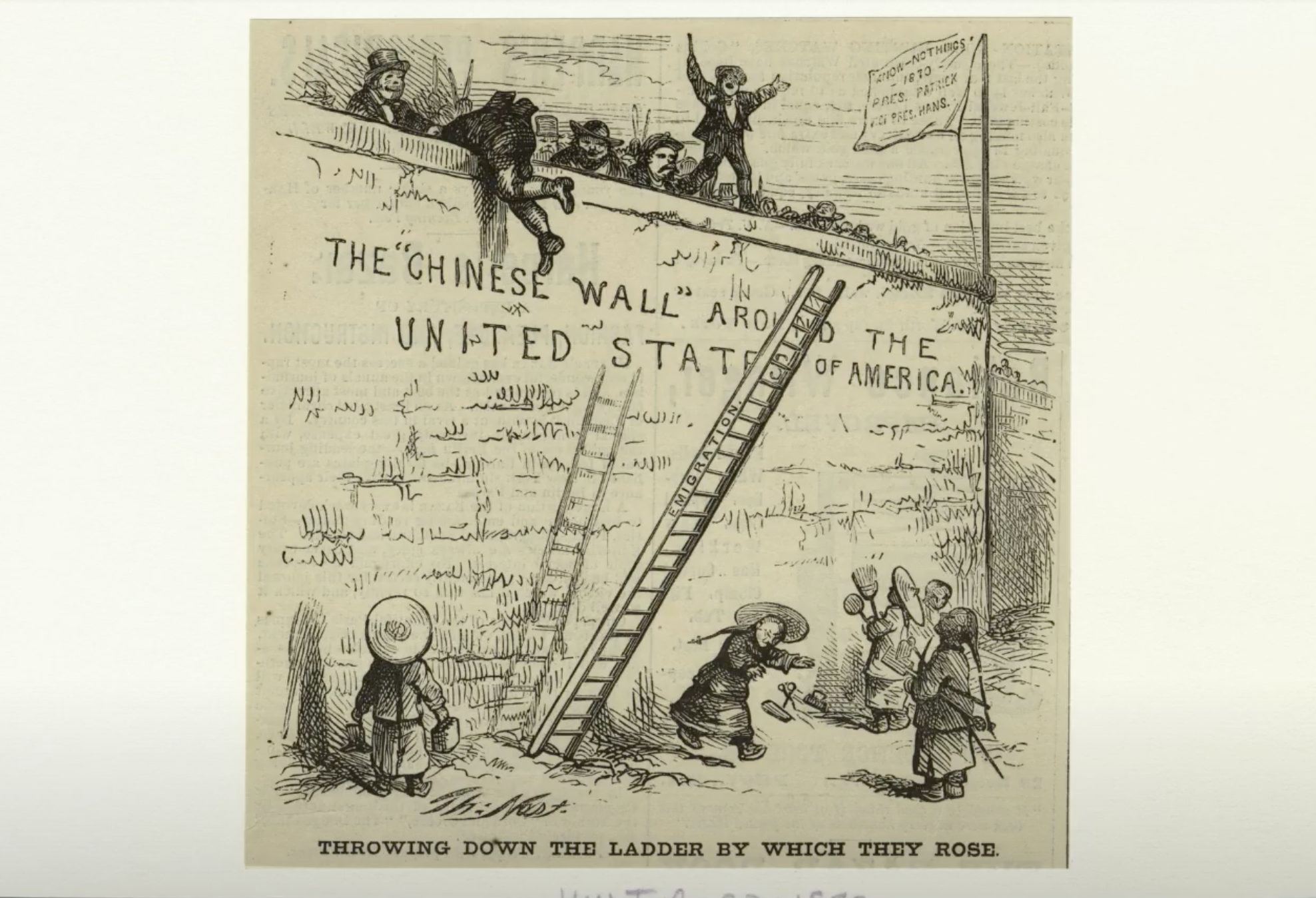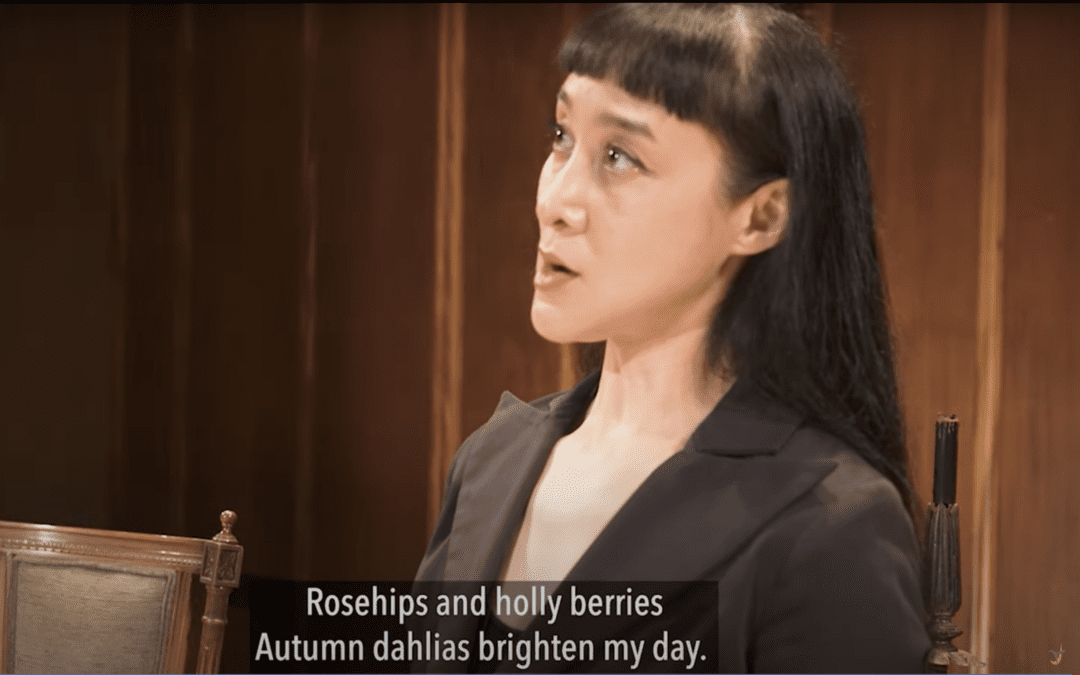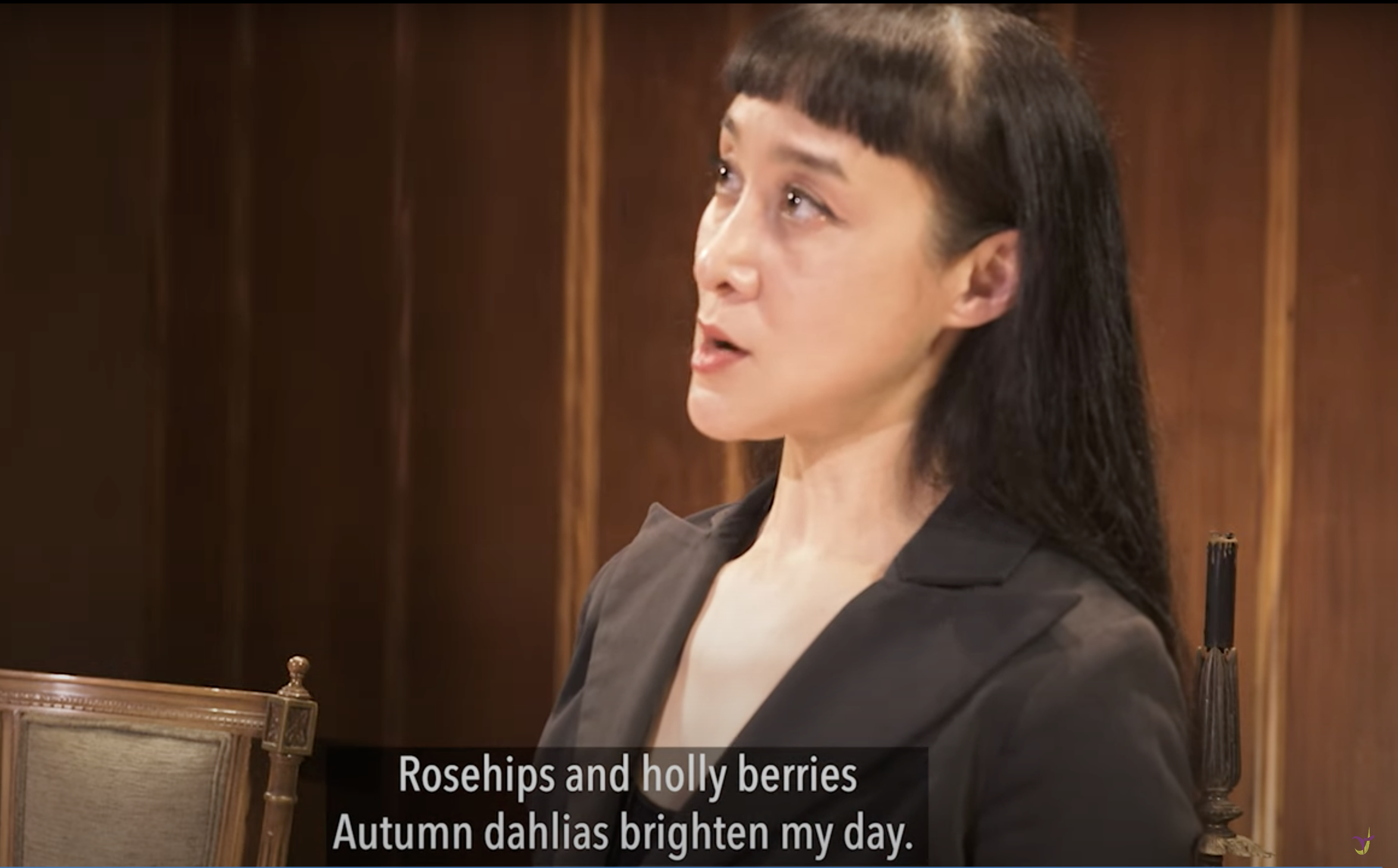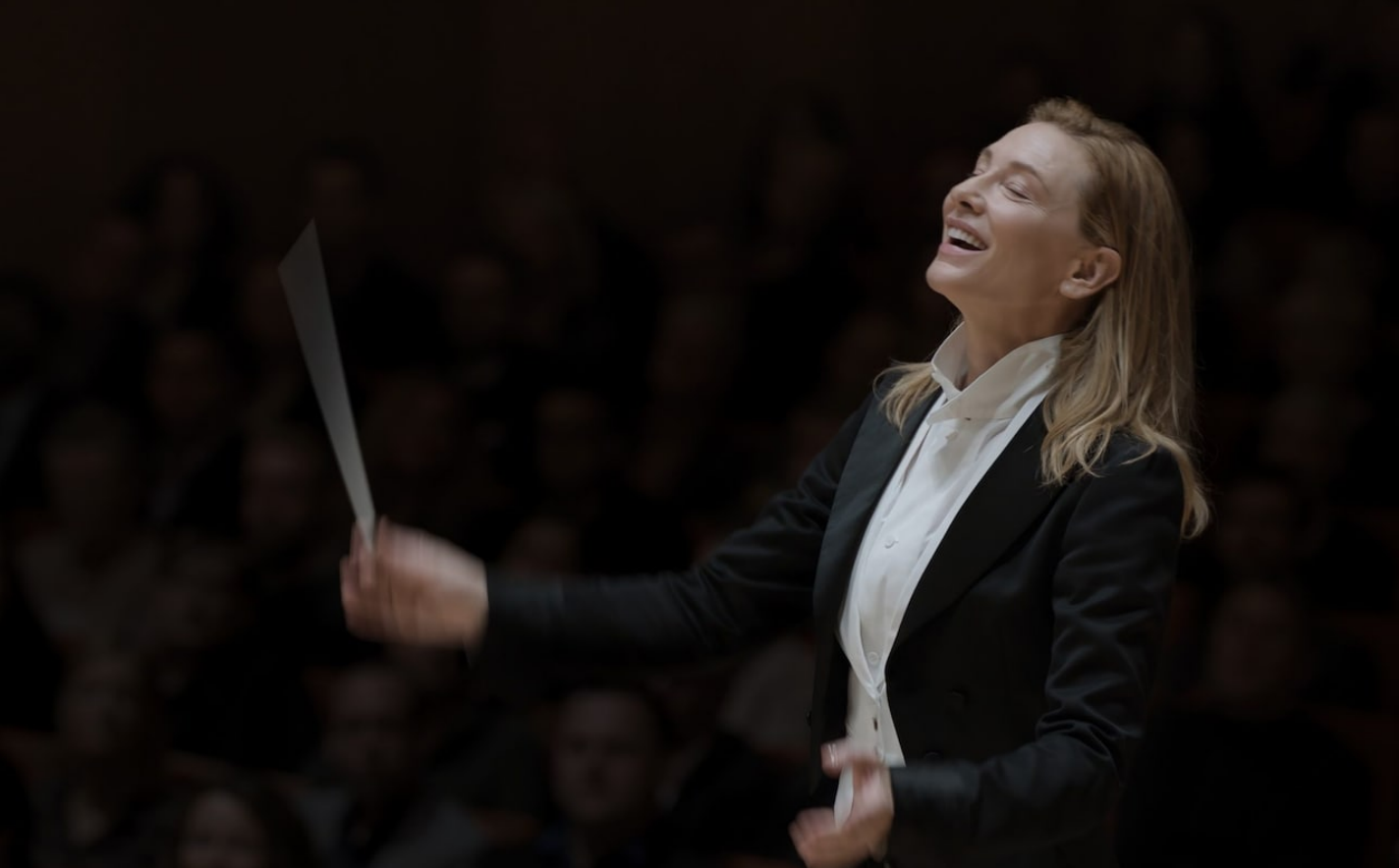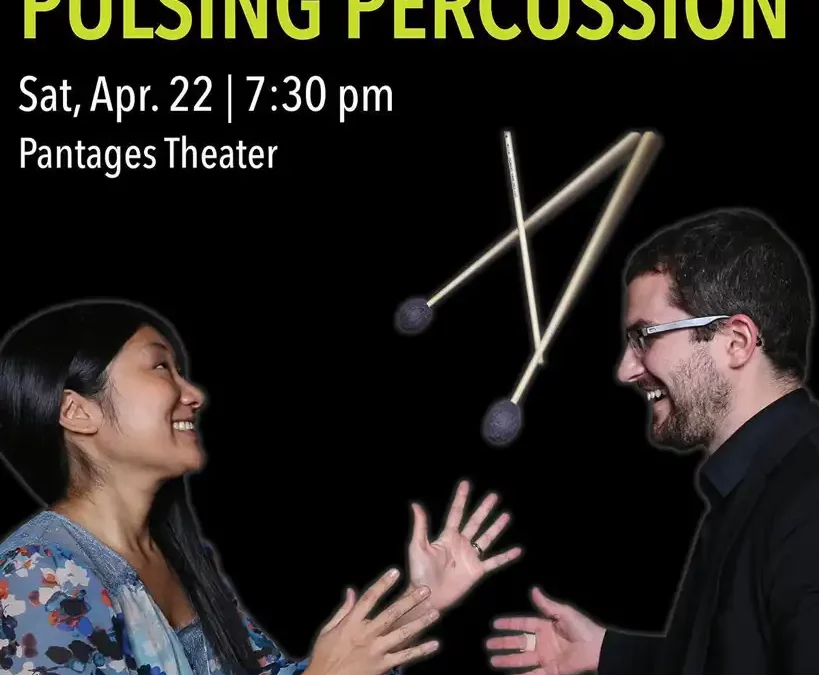
Concert Preview: Symphony Tacoma present World Premiere, Beethoven’s Symphony No. 7 in Classics V
Concert Preview: Symphony Tacoma present World Premiere, Beethoven’s Symphony No. 7 in Classics V
Symphony Tacoma is proud to present Classics V: Dancing Mallets & Pulsing Percussion. arx duo will perform, including the world premiere of Nick DiBernardino’s Double Percussion Concerto, on Saturday, April 22, 2023 at 7:30 PM in the Pantages Theater.
Percussionists Garrett Arney and Mari Yoshinaga make arx duo. Working closely with a large variety of composers and ensembles, arx duo is a 501(c)3 not-for-profit organization that expands the percussion repertoire by commissioning, performing and workshop pieces from artists all over the world. arx duo has served as educators at many universities including Peabody Conservatory, Michigan State University, and currently serve as faculty for the Curtis Institute of Music Young Artists Summer Program
Beginning the program will be Bartók’s Romanian Folk Dances. Originally composed for solo piano in 1915, Bartók developed an interest in his native folk music in his early 20s, noting, “I consider it my goal in life to continue my study of Romanian folk music, at least in Transylvania, and carry it to its end …”. Bartok traveled to Transylvania numerous times, where he recorded and transcribed the music of the local population. These folk tunes provided the tunes, rhythms and harmonies that inspired his own compositions.
Beethoven’s renowned Symphony No. 7 will close out the program, one of his best works according to Beethoven himself. The piece’s four movements leave a poetic impression on listeners, favoring so well it had to be repeated in concert four days later. Each movement varies- from an extensive, slow introduction, leading you into the most graceful, haunting ten minutes of music ever composed. This is followed by a frenzied scherzo movement, and finishing with incredibly high energy. While critics wondered if Beethoven was intoxicated at the time of the composition, French writer and Beethoven’s biographer, Romain Rolland, responded, “It was indeed the work of an intoxicated man, but one intoxicated with poetry and genius.”

